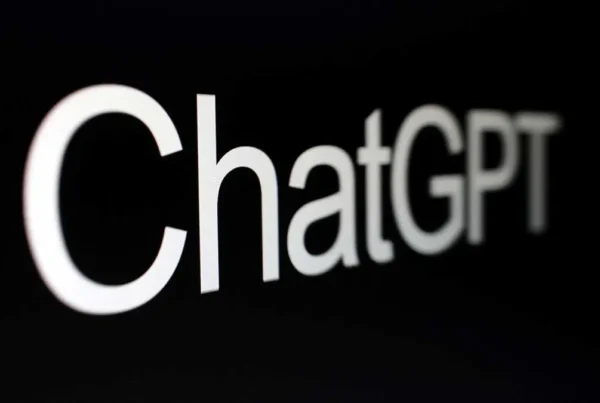Model Context Protocol, or MCP, is now at the center of attention in the global tech industry. This open standard was developed by Anthropic to bridge artificial intelligence with external data and tools. With this protocol, AI models are no longer limited to their internal knowledge base but can connect directly to real-time data sources and take measurable actions.
The spotlight on MCP grew after several major companies began adopting it. Anthropic introduced MCP through its Claude assistant, which can securely access internal documents, databases, and code repositories. With its standardized format, once an integration is built, it can be reused across multiple platforms without costly custom engineering.
Adoption by Major Companies
Tech giants like Block, Apollo, Replit, and Sourcegraph are among the first wave of adopters. Cloudflare even hosted an MCP Demo Day featuring PayPal, Stripe, Webflow, Asana, and Atlassian, showcasing real-world use cases of the protocol.
Amazon, through AWS, has also added MCP support by offering server services that connect to various applications. OpenAI is moving in the same direction, announcing MCP integration into its Agents SDK, which enables the development of more connected and capable assistants. These moves show that MCP is no longer just a concept but is being deployed at scale.
Why MCP Matters
MCP addresses a long-standing challenge in AI integration. Until now, each connection to APIs, databases, or tools required custom integration. This approach was costly and inefficient. With MCP, a single server can be accessed by multiple AI clients, significantly reducing complexity and operational costs.
MCP also makes AI more agentic, meaning capable of taking action. For example, an AI assistant in a company could access a CRM system to retrieve customer data or update support tickets automatically. All of this is handled through one standardized communication channel.
Security, however, remains a critical concern. Experts warn that external access must be protected with strong authentication. Without strict safeguards, risks like prompt injection or malicious server impersonation could compromise systems. For this reason, MCP development is accompanied by clear security guidelines to ensure that servers operate under consistent standards.
Impact and Future Outlook
The rise of MCP opens the door to a major transformation in how AI is deployed. Businesses can now more easily build solutions that connect language models to their internal data. This could accelerate digital transformation, strengthen data security, and reduce integration costs.
Analysts predict that MCP will soon become a common industry standard. Just as HTTP became the backbone of the web, MCP is expected to underpin a new ecosystem in artificial intelligence. If adoption continues to spread, end users will benefit from AI services that are smarter, more relevant, and better aligned with real-world contexts.
In conclusion, MCP is not just a passing trend but a fundamental innovation. With strong backing from global technology players, it has the potential to redefine how AI interacts with the real world. To follow more on this development, readers can explore related articles on AI trends at Olam News.






